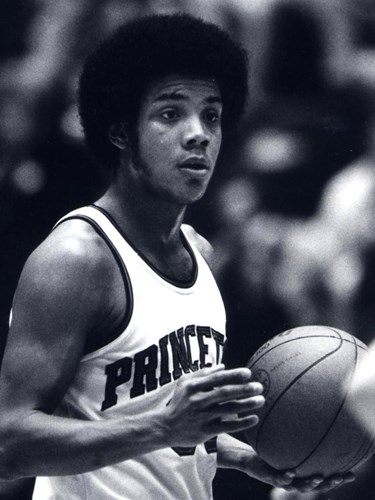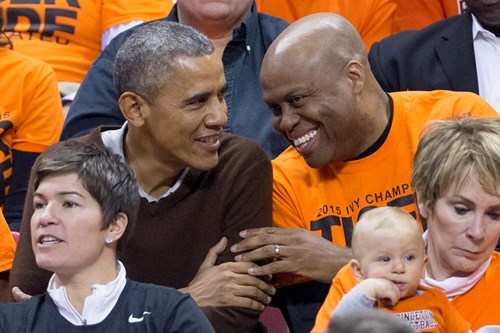Does the current corporate scramble to show support for racial equality reflect a genuine and deep commitment, or a fad?
CEOs realize they’ve got to do something different. The boards I’m on, I’ve been touching base with all of my CEOs, and they’re more committed than ever to bringing about change.
Probably, though, less than 2 percent of Corporate America you’d give a high grade for their commitment on these issues.
Is that 2 percent before the death of George Floyd, or 2 percent after?
On the issues that I care about, maybe you can say it's recently jumped from 1 percent to 2 percent. Most of what we’ve seen publicly is companies talking about major donations to civil rights organizations, and that’s great. But they’re still going to spend all their dollars with the same companies they always have. As long as that happens, the wealth gap will just get larger and larger and larger.
If you’re writing a million dollar check today to the NAACP or the Urban League, and then turn around and give a $10 million or a $50 million investment banking contract to a white investment banker, it's not even a close call.
At thousands and thousands of companies in this country, people just do business with people that look like them, that they grew up with, and went to school with, they’re in the same country clubs with. It’s human nature.
If it’s human nature, is government policy needed to drive change?
It’s hard to get anything through our divided Congress that would be perceived as affirmative action, or any support of that kind. It’d be very difficult politically to get it done. But I do think politicians have a bully pulpit. They can make a difference. If they talk to the CEOs of the anchor institutions in their districts and their states, change will happen without legislation. Think about it. If you’re the congressman or congresswoman in New Jersey, and you represent Princeton and Rutgers, you can push them to work with Black businesses, make them understand how important that is. And they have to be responsive, because they come to you for support and help all the time. If you’re the mayor of Chicago, and you insist that all museums on park land that get direct subsidies from Chicago taxpayers do business with African Americans, that will change.
The hospitals in New York that are getting money from government during this pandemic crisis, they need help from senators. If those senators said, we’re going to be giving you this money, but you need to be more inclusive, it will happen. I think government can have a major, major impact but probably not through legislation.


